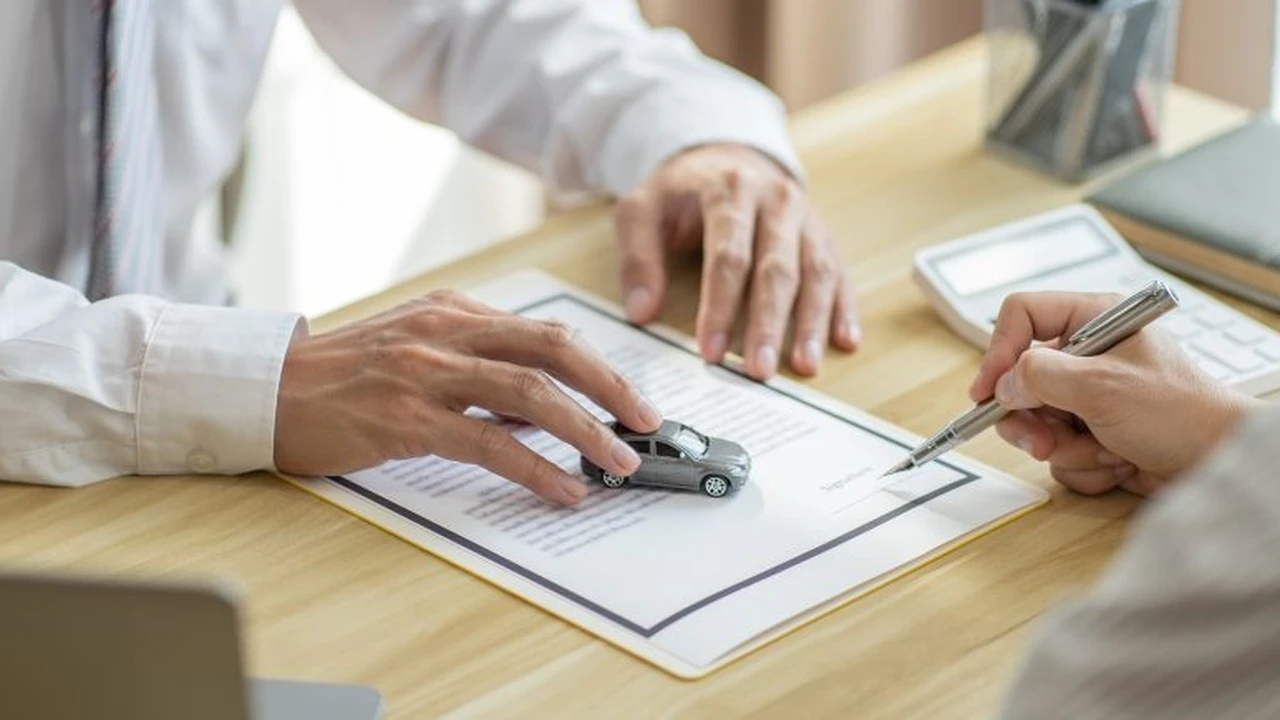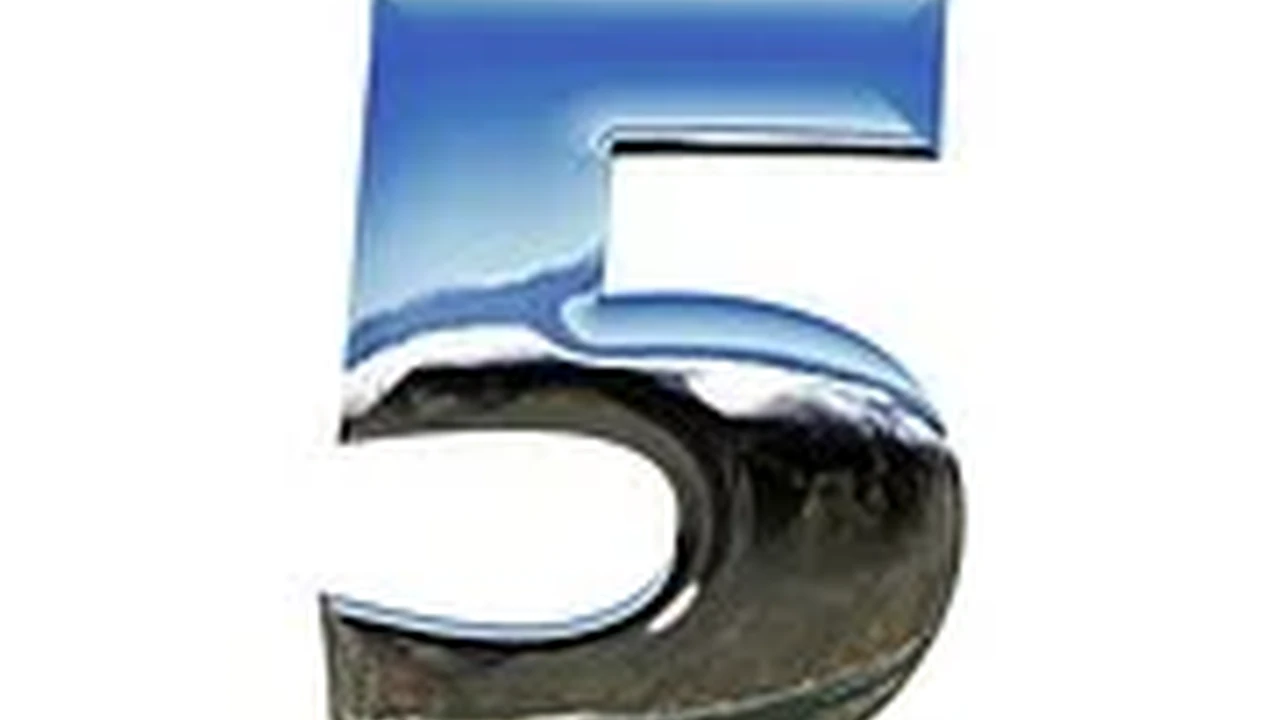5 Tips for Dealing with Your Auto Insurance Adjuster
Get 5 tips for dealing with your auto insurance adjuster. Learn how to communicate effectively and advocate for your claim.

5 Tips for Dealing with Your Auto Insurance Adjuster
Dealing with an auto insurance adjuster can feel like navigating a maze, especially after the stress of an accident. Your adjuster is the person assigned by your insurance company to investigate your claim, determine fault, and ultimately decide how much compensation you'll receive. While they work for the insurance company, their role is also to ensure a fair settlement based on your policy and the circumstances of the accident. However, it's crucial to remember that their primary goal is to protect the company's bottom line. This doesn't mean they're inherently against you, but it does mean you need to be prepared, informed, and assertive to ensure you get the compensation you deserve. This comprehensive guide will walk you through five essential tips to effectively communicate with your auto insurance adjuster, advocate for your claim, and avoid common pitfalls that could jeopardize your settlement. We'll delve into specific strategies, provide examples, and even recommend tools and services that can help you through this often-challenging process.
Tip 1 Document Everything Thoroughly Before Contacting Your Adjuster
The golden rule of any insurance claim is documentation, documentation, documentation. Before you even pick up the phone to speak with your adjuster, you should have a robust collection of evidence. This isn't just about proving what happened; it's about providing a clear, undeniable narrative that supports your claim and minimizes any room for dispute. The more detailed and organized your documentation, the smoother your claim process will be, and the stronger your position when negotiating. Think of yourself as building a case, and every piece of evidence is a crucial exhibit.
What to Document for Your Auto Insurance Claim
- Accident Scene Photos and Videos: This is paramount. Take pictures and videos from multiple angles. Capture the damage to all vehicles involved, the position of the vehicles, skid marks, road conditions, traffic signs, and any relevant landmarks. Don't forget to photograph any injuries you or your passengers sustained. Use your smartphone's camera; most modern phones offer excellent resolution.
- Contact Information: Collect names, phone numbers, email addresses, and insurance information from all drivers involved, as well as any witnesses.
- Police Report: Obtain a copy of the official police report as soon as it's available. This document provides an objective account of the accident, including details like time, location, contributing factors, and often, an initial determination of fault.
- Medical Records: If you or anyone in your vehicle sustained injuries, seek medical attention immediately. Keep detailed records of all medical treatments, diagnoses, prescriptions, and therapy sessions. This includes emergency room visits, doctor's appointments, and any follow-up care.
- Repair Estimates: Get at least two or three independent repair estimates from reputable body shops. This helps establish the fair market value of the damage to your vehicle and prevents the adjuster from lowballing the repair costs.
- Lost Wages Documentation: If your injuries prevent you from working, keep records of your lost income. This could include pay stubs, employer statements, or tax returns.
- Receipts for Related Expenses: Document any out-of-pocket expenses incurred due to the accident, such as rental car fees, towing costs, public transportation fares, or even over-the-counter pain medication.
- Personal Journal: Keep a detailed journal of events, including dates and times of conversations with your insurance company, medical appointments, and any pain or discomfort you experience. This can be invaluable for recalling details later.
Recommended Tools for Documentation
- Smartphone Camera: As mentioned, your smartphone is your best friend for photos and videos.
- Dash Cam: Consider investing in a dash cam. Devices like the Garmin Dash Cam 67W (around $200) or the more budget-friendly VIOFO A119 V3 (around $100) can provide irrefutable video evidence of an accident, often including speed and GPS data. This can be a game-changer in determining fault.
- Cloud Storage: Use services like Google Drive, Dropbox, or iCloud to back up all your photos, videos, and scanned documents. This ensures you won't lose critical evidence.
- Note-Taking Apps: Apps like Evernote or OneNote can help you organize your journal entries and notes from conversations.
Tip 2 Understand Your Policy Inside and Out Before Discussing Your Claim
Before you engage in any substantive conversation with your adjuster, you absolutely must understand the specifics of your auto insurance policy. Your policy is a contract, and it outlines what is covered, what isn't, your deductibles, coverage limits, and your responsibilities as the policyholder. Many people make the mistake of assuming their insurance company will automatically take care of everything, but without understanding your policy, you're at a significant disadvantage. You wouldn't sign a contract without reading it, and your insurance policy is no different.
Key Policy Elements to Review for Your Auto Insurance Claim
- Coverage Types: Identify the types of coverage you have (e.g., liability, collision, comprehensive, uninsured/underinsured motorist, personal injury protection (PIP), medical payments). Understand what each covers and its limits. For example, if you only have liability, your own vehicle's damage won't be covered by your policy if you're at fault.
- Deductibles: Know your deductible amounts for collision and comprehensive coverage. This is the amount you'll have to pay out of pocket before your insurance kicks in.
- Coverage Limits: Understand the maximum amount your policy will pay out for various types of damages (e.g., $50,000 per person for bodily injury, $100,000 per accident for bodily injury, $25,000 for property damage).
- Exclusions: Be aware of any exclusions in your policy that might limit or deny coverage under certain circumstances.
- Rental Car Coverage: If you have rental car reimbursement, know the daily limit and the maximum number of days covered.
- Towing and Roadside Assistance: Check if your policy includes coverage for towing and roadside assistance, and what the limits are.
How to Access and Understand Your Policy
- Online Portal: Most insurance companies provide access to your policy documents through their online customer portal.
- Mobile App: Many insurers also have mobile apps where you can view your policy details.
- Physical Document: If you prefer, refer to the physical copy of your policy that was mailed to you.
- Contact Your Agent: If you have an insurance agent, they can help explain complex parts of your policy. However, remember that the agent is a salesperson; the adjuster is the claims handler.
By understanding your policy, you can speak confidently with your adjuster, challenge any misinterpretations, and ensure you're claiming everything you're entitled to. It also helps you anticipate what the adjuster might ask or what limitations they might point out.
Tip 3 Be Polite but Firm and Stick to the Facts During Your Auto Insurance Claim Discussion
When communicating with your auto insurance adjuster, maintaining a professional and factual demeanor is crucial. Emotions can run high after an accident, but letting them dictate your conversation can be detrimental to your claim. Remember, every word you say can be recorded and used in the claims process. Your goal is to provide clear, concise, and consistent information that supports your claim, without offering unnecessary details or speculating.
Effective Communication Strategies for Your Auto Insurance Claim
- Be Polite and Respectful: A calm and courteous approach is always more effective than an aggressive one. Adjusters deal with many claims, and a pleasant interaction can make them more receptive to your needs.
- Stick to the Facts: Only provide information that you know to be true. Avoid guessing, speculating, or offering opinions about what might have happened or who was at fault. If you don't know an answer, simply say, 'I don't know.'
- Do Not Admit Fault: Even if you think you were partially to blame, do not admit fault to the adjuster. Determining fault is their job, and admitting it prematurely can severely impact your claim. Let the evidence speak for itself.
- Be Consistent: Ensure that your account of the accident remains consistent across all communications – with the police, medical professionals, and the adjuster. Any inconsistencies can raise red flags.
- Keep it Concise: Answer questions directly and avoid rambling. Provide the necessary information without offering extraneous details that could be misinterpreted or used against you.
- Take Notes: During every conversation with your adjuster, write down the date, time, the adjuster's name, and a summary of what was discussed. This creates a valuable record of your interactions.
- Ask for Clarification: If you don't understand a question or a term the adjuster uses, don't hesitate to ask for clarification. It's better to ask than to provide an inaccurate answer.
- Don't Rush: Don't feel pressured to make immediate decisions or provide answers on the spot. If you need time to gather information or consult with someone, politely state that you will get back to them.
- Communicate in Writing When Possible: For important communications, follow up phone calls with an email summarizing what was discussed and any agreements made. This creates a written record.
Example Scenario for Auto Insurance Claim Discussion
Adjuster: 'So, can you tell me in your own words exactly what happened leading up to the accident?'
You (Good Response): 'On [Date] at approximately [Time], I was driving southbound on [Street Name] approaching the intersection of [Cross Street]. My vehicle was in the left lane. As I entered the intersection, a vehicle traveling eastbound on [Cross Street] ran the red light and struck the front passenger side of my car. I have photos of the scene and the police report, which I can provide.'
You (Bad Response): 'Well, I was probably going a little fast, and I was looking at my phone for a second, but that guy just came out of nowhere! I think he was speeding too. It's just so unfair!'
The good response is factual, avoids speculation, and points to supporting evidence. The bad response admits fault, speculates, and is emotional, all of which can harm your claim.
Tip 4 Don't Accept the First Offer for Your Auto Insurance Claim
It's a common tactic for insurance companies to make an initial lowball offer, especially if they believe you're eager to settle or unaware of the true value of your claim. This is why thorough documentation and understanding your policy (Tips 1 and 2) are so critical. Your first offer is rarely the best offer, and you have every right to negotiate. Think of it as buying a car; you wouldn't pay the sticker price without trying to get a better deal. Your claim is no different.
Strategies for Negotiating Your Auto Insurance Claim Settlement
- Know Your Claim's Worth: Based on your repair estimates, medical bills, lost wages, and other documented expenses, calculate a reasonable settlement amount. Don't forget to factor in pain and suffering if applicable, though this can be harder to quantify.
- Present Your Evidence: When the adjuster makes an offer, if it's too low, politely explain why. Refer to your documentation: 'Based on the three repair estimates I've obtained, the average cost to repair my vehicle is $X, which is significantly higher than your offer of $Y. I can provide copies of these estimates.'
- Justify Your Demands: Clearly articulate why you believe your claim is worth more. If you have medical bills, explain the extent of your injuries and the impact on your daily life. If you've lost wages, provide the documentation.
- Be Prepared to Counter-Offer: Don't just say 'no.' Counter with a higher, but still reasonable, figure. Be ready to explain how you arrived at that number.
- Highlight Policy Coverage: If the adjuster is denying certain aspects, refer back to your policy. 'My policy clearly states that rental car reimbursement is covered up to $30 a day for 30 days, and I've only been offered 10 days.'
- Don't Be Afraid to Say No: If the offer is still too low and you've presented all your evidence, you can politely decline the offer and state that you expect a more reasonable settlement.
- Consider a Demand Letter: If negotiations stall, you might consider sending a formal demand letter outlining your claim, the evidence, and your desired settlement amount. This shows you are serious and organized.
- Understand the Statute of Limitations: Be aware of the time limit (statute of limitations) in your state for filing a lawsuit related to your accident. This can put pressure on the insurance company to settle.
Tools and Services for Valuation and Negotiation
- NADAguides or Kelley Blue Book: For total loss claims, these resources can help you determine the fair market value of your vehicle before the accident.
- Legal Consultation: If the adjuster is being unreasonable or the claim is complex, consider a free consultation with a personal injury attorney. They can advise you on the true value of your claim and may even take over negotiations. Services like LegalMatch or Avvo can help you find local attorneys.
- Online Calculators: While not definitive, some online personal injury calculators can give you a rough idea of what your claim might be worth, especially for pain and suffering.
Tip 5 Know When to Seek Professional Help for Your Auto Insurance Claim
While many auto insurance claims can be handled directly with the adjuster, there are situations where seeking professional help is not just advisable, but essential. Recognizing these tipping points can save you significant stress, time, and potentially, a substantial amount of money. Don't view seeking professional help as a sign of weakness; view it as a strategic move to protect your interests against a large corporation with vast resources.
When to Consider Professional Assistance for Your Auto Insurance Claim
- Serious Injuries: If you or anyone in your vehicle sustained significant injuries requiring extensive medical treatment, long-term care, or resulting in permanent disability, a personal injury attorney is highly recommended. They can accurately assess future medical costs, lost earning capacity, and pain and suffering, which are complex calculations.
- Disputed Liability: If there's a disagreement about who was at fault for the accident, especially if the other driver's insurance company is denying their client's responsibility, an attorney can help gather evidence, interview witnesses, and present a compelling case.
- Lowball Offers: If, after your best efforts, the adjuster's settlement offer is significantly lower than your documented damages and you've exhausted your negotiation tactics, an attorney can step in and often secure a much higher settlement.
- Complex Policies or Multiple Parties: Accidents involving commercial vehicles, multiple vehicles, or complex policy structures (e.g., rideshare insurance, umbrella policies) can be intricate. An attorney can navigate these complexities.
- Bad Faith Practices: If you suspect your insurance company is acting in bad faith (e.g., unreasonably delaying your claim, denying a valid claim without proper investigation, misrepresenting policy terms), an attorney can help you understand your rights and pursue legal action.
- Total Loss Disputes: If you disagree with the adjuster's valuation of your totaled vehicle, an attorney or a public adjuster can help you get a fair market value.
- Uninsured or Underinsured Motorist Claims: These claims can be particularly tricky, as you're essentially making a claim against your own insurance company for damages caused by another driver. An attorney can ensure your rights are protected.
Types of Professionals Who Can Help with Your Auto Insurance Claim
- Personal Injury Attorney: Specializes in helping accident victims recover damages for injuries and property loss. They typically work on a contingency fee basis, meaning they only get paid if you win your case.
- Public Adjuster: Unlike an insurance company's adjuster, a public adjuster works exclusively for you, the policyholder. They assess damages, negotiate with the insurance company, and advocate for your best interests. They are particularly useful for property damage claims, especially complex ones. Services like Adjusters International or United Policyholders can help you find reputable public adjusters.
- Mediator: If negotiations with the insurance company reach an impasse, a neutral third-party mediator can help facilitate a settlement without going to court.
Remember, the insurance company has legal teams and adjusters whose job it is to minimize payouts. You are not expected to be an expert in insurance law or negotiation. Knowing when to bring in a professional can level the playing field and ensure you receive the full and fair compensation you deserve for your auto insurance claim.
:max_bytes(150000):strip_icc()/277019-baked-pork-chops-with-cream-of-mushroom-soup-DDMFS-beauty-4x3-BG-7505-5762b731cf30447d9cbbbbbf387beafa.jpg)






